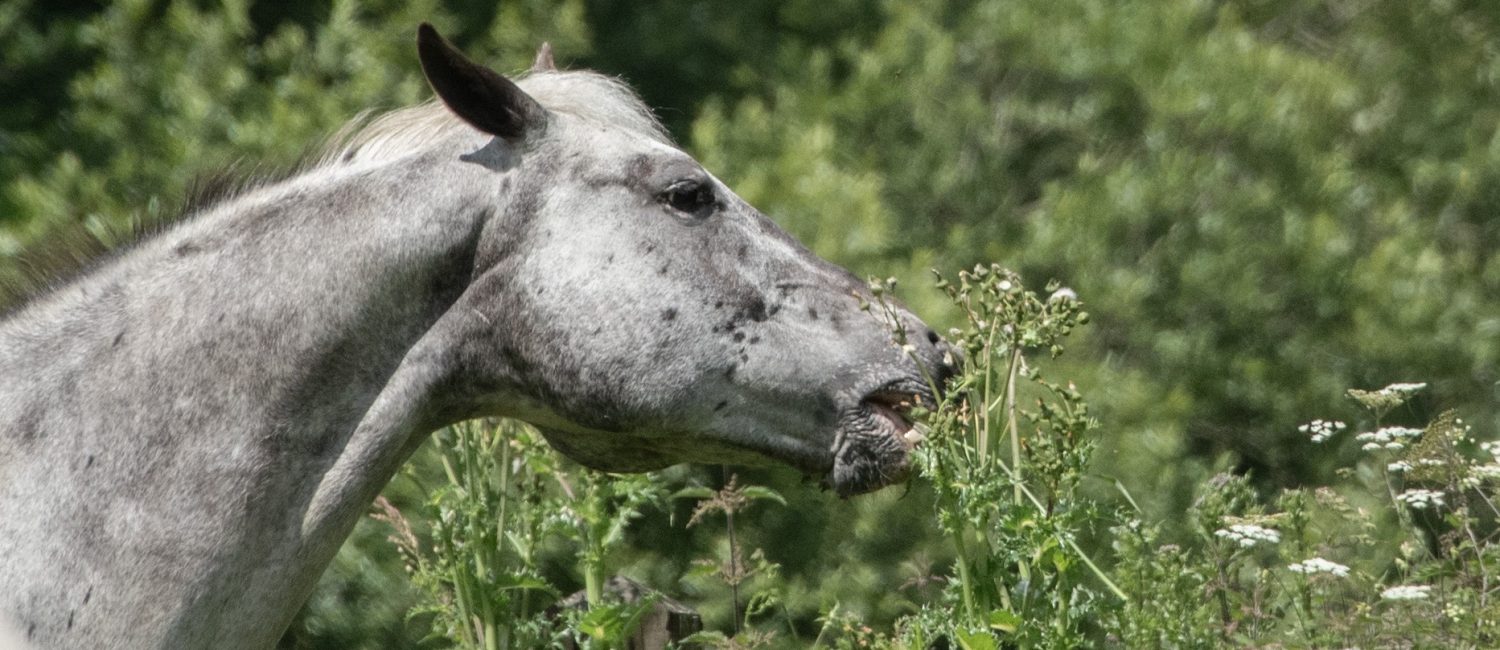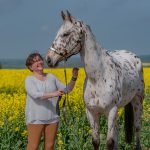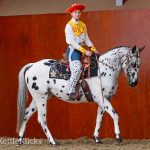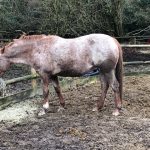Spring is the season of renewed energy and detoxification but also allergies.
In our horses it can come across as sweet-itch or head-shaking, coughing and runny eyes. This can be distressing for the horse and annoying and expensive for the owner.
In all cases, first eliminate all sugar and starch from your horse’s diet. Your horse can live happily and healthily on hay, water and salt.,24/7 turnout and access to forage like wild hedgerow herbs, bark and leaves of trees, long grass (‘standing hay’ over 8 inches long) If you are interested in reading more, I have just put a blog on my website.
Healthy gut microbiome is paramount, so eliminate chemical wormers, drugs and injections for a while to let the gut colonise its beneficial bacteria. Natural forage and hay are full of pre-biotics which is the key. Most probiotics are single strain and you want to encourage multi strain micro-organisms, this takes time. I have one friend whose horse had fecal water and a very unhappy tummy, she managed to source a friend’s young horse that had never had injections or antibiotics and she took some of the horse’s poo (with the owners consent) She added a teaspoon of the horse’s poo to her horse’s feed every day and in a week she had cured the problem. This is why foals eat their mum’s poo – to colonise their own gut bacteria and why you see some horses with gut issues eating poo in the paddock.
Amazing, but very difficult to find a clean donor, so for many years I have used Plus-Bac Feed which is a liquid multi micro-organism fermented additive. I recommend it for horses that are struggling due to a poor gut micro-biome. You add between 25-60ml per day into their feed. I buy the 5L ‘wine box’ it lasts my 3 horses at least a month. It is also good for change of grazing/feed and stress etc.
The skin is a major and huge organ of elimination, if the liver and kidneys are struggling to process food, the toxins will get pushed out through the skin, this somehow seems to attract the biting beasties. Again I prefer to use natural fly-sprays, so I make one which is just water to which I add a few drops of essential oils. I vary these but I always use citronella and eucalyptus, then add patchouli, lavender, clove bud, neem and cedarwood which I rotate! Neem is very thick and sticky, so you will need a few drops of natural soap or shampoo otherwise it will block up your spray. You can add apple cider vinegar or cold tea as well.
At dusk, which seems to be the midges time and when the horseflies are out, I buy a very effective natural fly spray called Icaridin. Made from Black Pepper, they state that it is as effective as DEET, (which is terribly toxic to horses) did you know that horseflies can’t smell, so scented fly-sprays won’t work. The icaridin apparently makes you almost invisible to them so they can’t land on you to bite! You can get Icaridin from https://www.hedgewitchessentials.co.uk/onlineshop/icaridin-insect-repellent.html
Extra nuggets……..
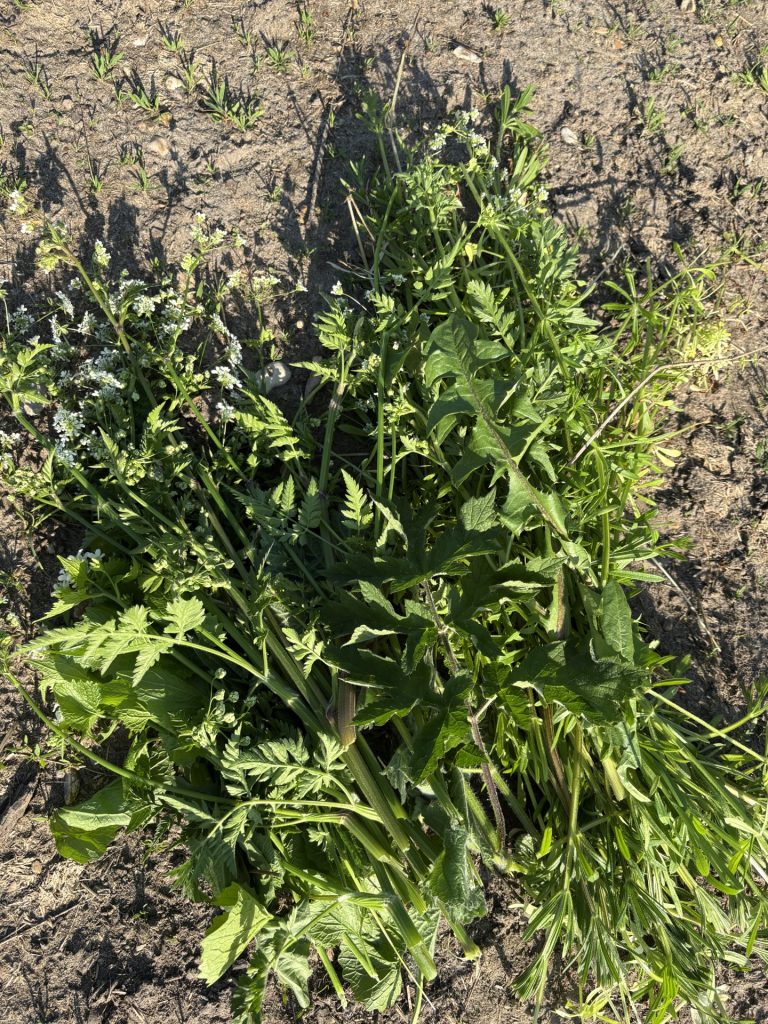
Cow Parsley and wilted Nettle and Ribwort Plantain are great for Hayfever
Cleavers and dandelion leaves are great for filled legs.
A hydrosol made from Cornflowers is fab for runny sore eyes and because our Appies have a lot of pink skin, I use the UV blocking masks such as Equilibrium or similar and a natural sunblock cream.
Headshaking can respond well to Bowen therapy or other energic bodywork.
I have found that sorting the ‘cause’ of the allergy rather than treating the symptoms has removed the need for Fly rugs and Boett blankets. Obviously there are always exceptions but I think you will find that improving your horse’s gut function will help on many levels.
Auriol

